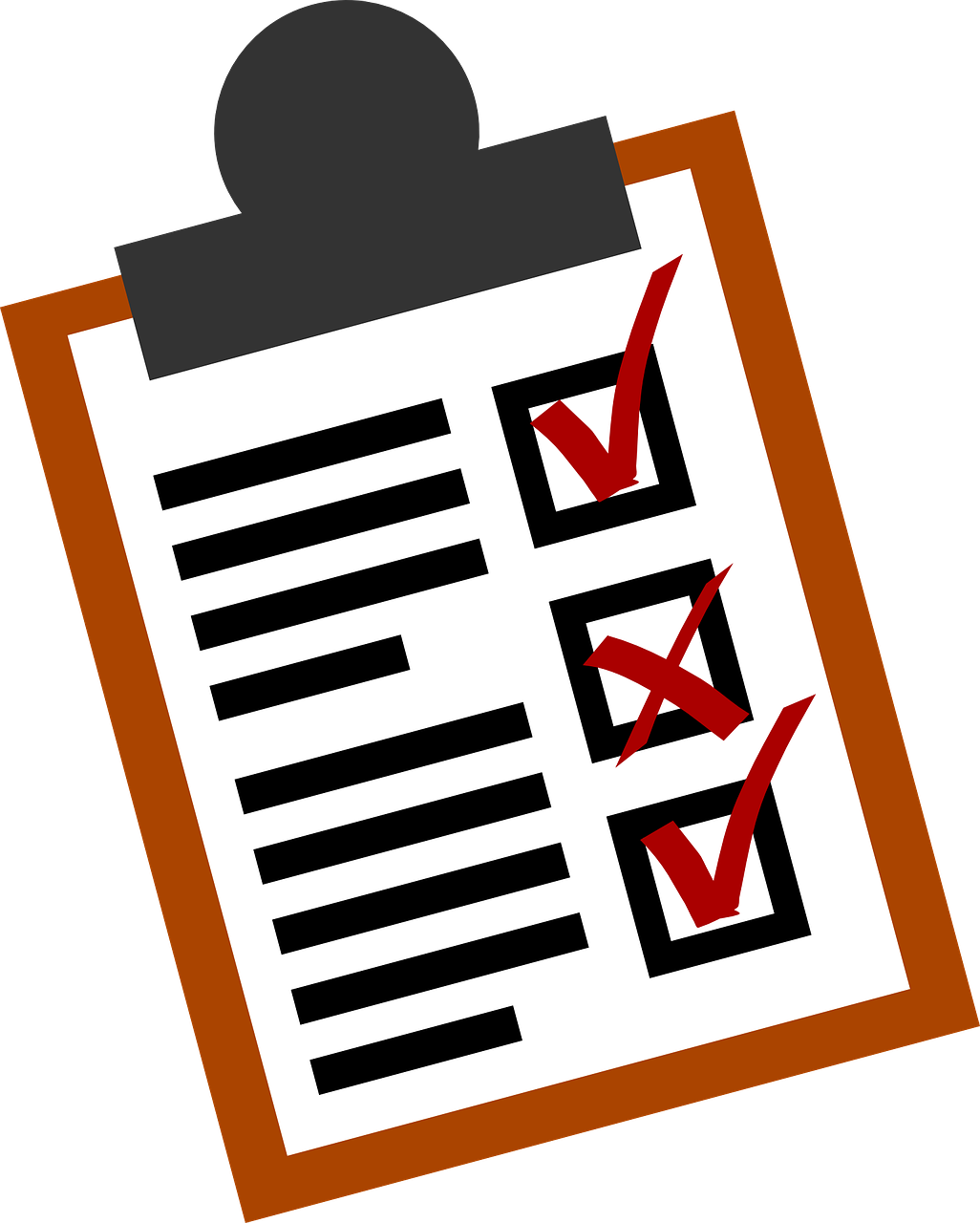The Center for Democratic Transition (CDT) has been monitoring all the important segments of the election process since the calling of the elections.
The CDT’s core team, together with six regional and 25 municipal coordinators, have been monitoring the work of the election administration, the work of the Agency for the Prevention of Corruption (ASK), the funding of political parties and their campaigns and the accuracy and completeness of voter register. Citizens are provided with channels through which they can report pressures and abuses.
Some of the most important conclusions of the CDT monitoring are as follows:
- Even as late as ten days before the elections, it remains unclear whether all citizens who are subjected to hospital or at-home treatment, self-isolation or quarantine due to the confirmed or suspected COVID-19 infection will be allowed to vote.
- The late adoption of the rules for conducting elections during a pandemic calls into question the key electoral principles, which entail that rules are established in advance and call for reliability of future elections.
- The State Election Commission (SEC) performed all the activities in the lead-up to the elections in line with the prescribed legal deadlines.
- Election administration at all levels must improve their transparency and be more open to the media. The SEC has made some positive steps, but has not complied with the ODIHR recommendations.
- There has been a major shift of party campaigns onto the internet and the media. Intensive campaigning by public officials and the atypical involvement of church in the pre-election game have been prominent.
- The ASK performs control and supervision, but avoids to clearly and publicly disclose lawbreakers and thus promote the integrity of the election process and prevent misuse of public funds. A big challenge that ASK will be facing will be to gather information on online election campaigns.
- As we get closer to the election, ever fewer institutions comply with the obligation to publish analytical cards and travel orders.
- So far, several compelling media allegations have surfaced and point to pressures on voters and abuses by political parties. The authorities have launched their first probes into the said allegations.
- The expert team for controlling the accuracy and completeness of the voter register includes NGOs representatives and enables access to source registers from which the voter register is generated.
- A great many citizens do not comply with the domicile and residence provisions, as they do not deregister their residence after leaving the country, which leaves room for abuse in the course of the election process, but also stirs up numerous and incorrect speculations as to how many of those citizens there might actually be.
Attached are more detailed preliminary conclusions drawn up as based on analyses into the legal framework and information collected during the monitoring activities, which cover the period from the day of calling the elections until August 20, 2020.
Institutions must protect the constitutional right of every citizen



